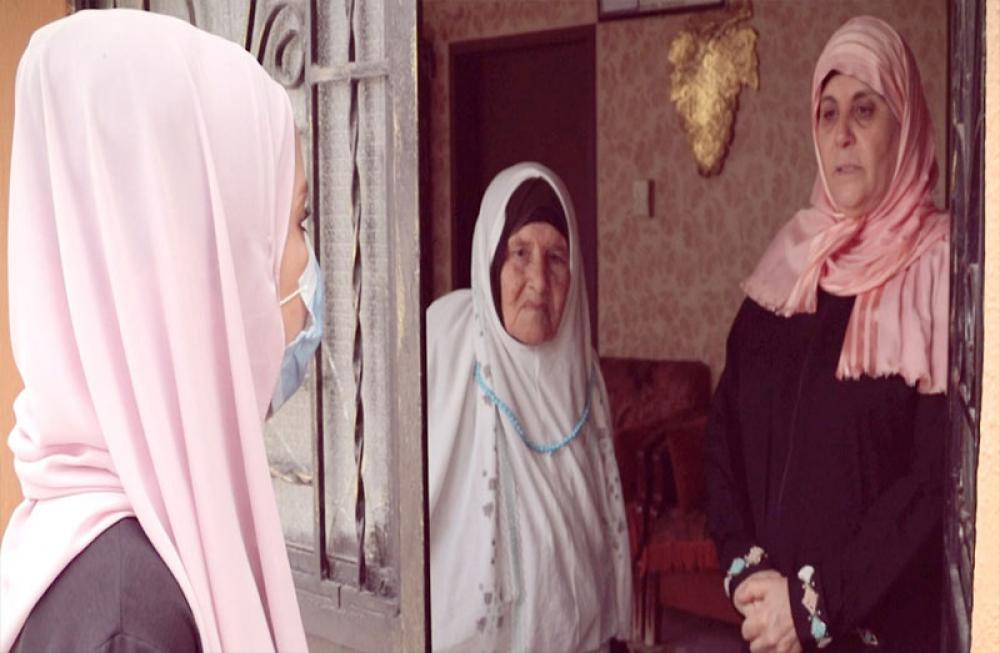Just Earth News | @justearthnews | 06 Aug 2021

Volunteers in Lebanon help elderly Palestinian refugees to register for the COVID-19 vaccine on the Ministry of Health's platform (file photo). Fatima Abdel Jawad
New York: The number of refugees given shelter in safe host countries plunged last year because of pandemic border restrictions, which continue to hamper the resettlement of vulnerable people.
That’s one of the findings of a new report by UN refugee agency, UNHCR, and the World Bank, which said on Thursday that 64,000 asylum-seekers started new lives abroad in host countries in 2019, but only 22,800 did so last year.
Stand up for human rights.
Stand up for refugees' rights. pic.twitter.com/RqCFOprQwL
— UNHCR, the UN Refugee Agency (@Refugees) August 5, 2021
The downwards trend has continued in 2021, with only 4,500 people resettled from January to March, while 57 countries still deny access to non-nationals and 73 have restricted access.
COVID-19 impact
According to the UNHCR - World Bank report, the socio-economic impact of COVID-19 has affected almost every aspect of the lives of refugees and other forcibly displaced people, particularly those living outside camps.
Citing data from eight refugee-hosting countries before COVID-19, the report estimated that refugees were 60 per cent more likely than host populations to be working in sectors that were highly likely to be impacted by the pandemic, such as accommodation and food services, manufacturing, and retail.
In Kenya’s Kalobeyei camp, researchers also noted that unemployment among refugees fell by around 75 per cent, compared with pre-pandemic levels – three times higher than national job losses.
They also warned that COVID-19 hit refugees and host communities equally hard elsewhere; not least in Yemen, where access to healthcare for everyone has not recovered to the level it was before the pandemic started, amid ongoing conflict.